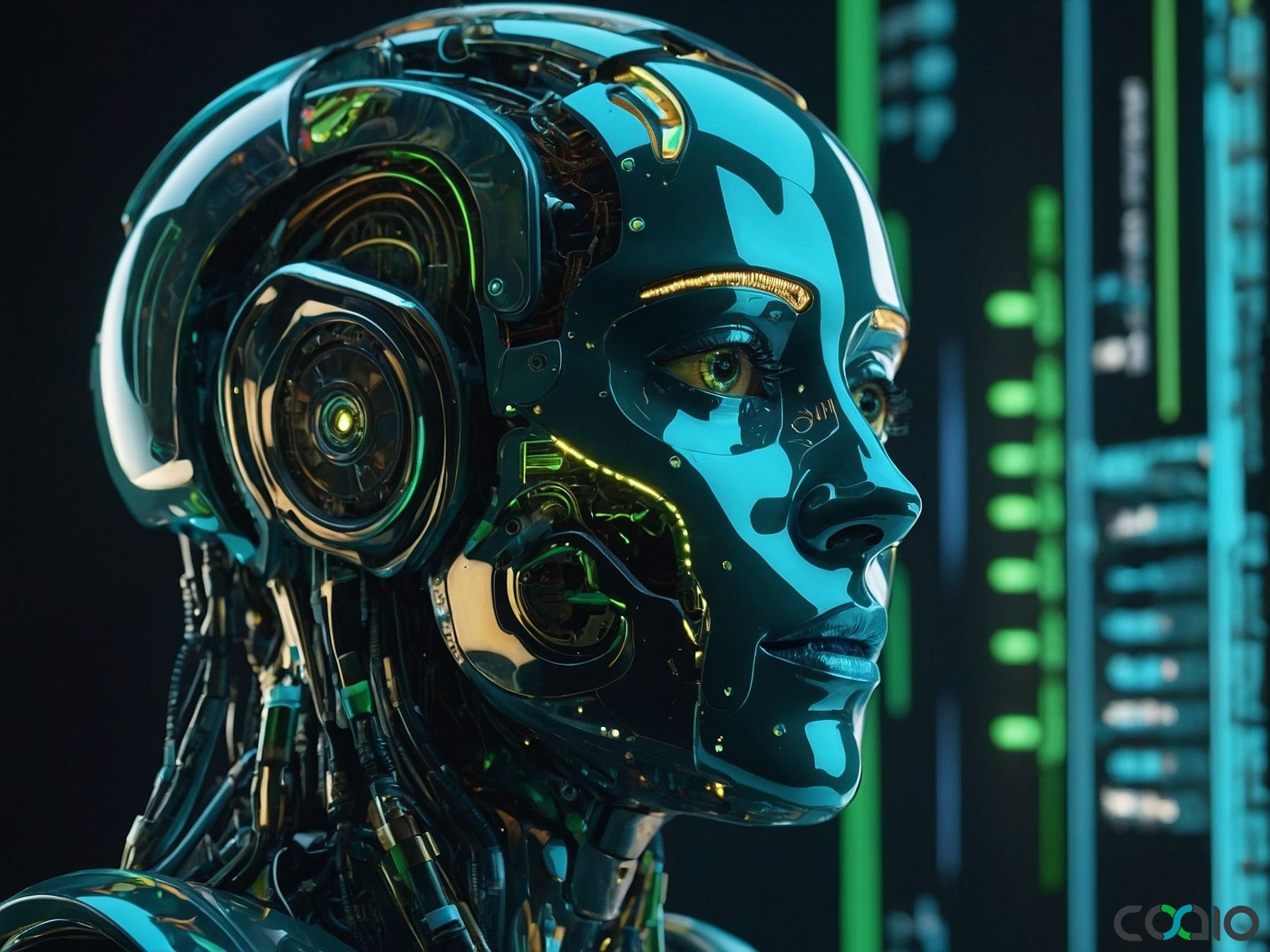
AI Revolution and Startup Triumphs: How 2025's Tech Funding is Redefining Software Development
As of September 18, 2025, the tech landscape is buzzing with groundbreaking developments that are reshaping software development. From AI hardware advancements to ethical dilemmas in artificial intelligence, today’s news highlights the rapid evolution of the industry. This article dives into the latest stories, exploring their implications for innovators and businesses alike, while drawing connections to efficient strategies for building cutting-edge software.
The Rise of AI Hardware Challengers
In the competitive world of AI technology, Groq’s recent funding round stands out as a major milestone. The company, known for its innovative AI chips that promise faster processing speeds for machine learning applications, has secured a valuation of $6.9 billion after raising more than anticipated. This development underscores the growing demand for alternatives to industry giants like Nvidia, as businesses seek more efficient tools for developing complex software. Read more about Groq’s funding.
This funding surge reflects a broader trend in software development, where AI integration is becoming essential. Developers are increasingly turning to specialized hardware to handle the computational demands of advanced algorithms, enabling faster iteration and deployment of applications. For instance, Groq’s technology could accelerate the creation of AI-driven software in sectors like healthcare and autonomous systems, potentially reducing development timelines by months. This kind of innovation highlights the need for agile teams that can quickly adapt to new technologies, a challenge that many startups face in today’s fast-paced environment.
The ripple effects of Groq’s success extend to the software ecosystem at large. As AI chips become more accessible, we’re seeing a democratization of tools that were once reserved for big tech players. This could lead to a surge in innovative applications, from enhanced chatbots to predictive analytics software. However, it also raises questions about scalability and cost-efficiency for emerging companies. In this context, leveraging external expertise for software development can be a game-changer, allowing firms to focus on their core ideas without getting bogged down by technical hurdles.
Lessons from Tech IPOs: StubHub’s Journey
Another headline-grabbing story is the initial public offering (IPO) of StubHub, the popular ticketing platform. Despite a 6% drop in shares on its first trading day, the event marks a significant achievement for co-founder Eric Baker, who has spent over two decades building the company. This IPO narrative offers valuable insights into the long-term strategies that drive software companies to success. Details on StubHub’s IPO journey.
StubHub’s path exemplifies how persistent software development and user-focused design can transform a startup into a public entity. The platform’s backend systems, which handle millions of transactions seamlessly, rely on robust software architecture that ensures reliability and security. This success story is a testament to the importance of strategic planning in software projects, including thorough business analysis and risk management to navigate market fluctuations. For software developers and entrepreneurs, Baker’s experience serves as a blueprint for scaling operations while maintaining innovation.
In the broader tech sector, StubHub’s IPO highlights the critical role of software in e-commerce and event management. As digital platforms continue to evolve, companies must invest in user-friendly interfaces and backend efficiency to stay competitive. This is particularly relevant for growth-stage firms looking to expand their digital presence. The challenges faced during StubHub’s journey—such as adapting to regulatory changes and enhancing platform security—mirror common obstacles in software development, emphasizing the value of experienced teams that can foresee and mitigate risks.
Navigating AI Ethics and Policy Hurdles
Shifting gears to the policy side, reports of frustration from White House officials over Anthropic’s restrictions on AI usage for law enforcement add another layer to the software development conversation. Anthropic, the company behind the Claude chatbot, has implemented policies that limit access for entities like the FBI and Secret Service, citing ethical concerns. This development underscores the growing tensions between innovation and regulation in AI software. Explore the full story.
These restrictions highlight the ethical considerations that developers must integrate into their work, especially as AI tools become more pervasive. For software engineers, this means building systems with built-in safeguards to prevent misuse, such as data privacy features or bias detection algorithms. The debate around Anthropic’s policies reflects a larger industry shift toward responsible AI development, where compliance with legal and ethical standards is non-negotiable. This could influence how future software is designed, potentially slowing innovation but ultimately leading to more trustworthy applications.
In related news, the influence of anti-vaccine sentiments on public health policy, as testified by a former CDC director, indirectly touches on software’s role in misinformation management. While not directly about development, it illustrates how AI and software tools are being used to combat or propagate such issues, emphasizing the need for accurate data processing in applications like social media algorithms. Read the CDC testimony details.
This intersection of AI ethics and software development is prompting a reevaluation of best practices. Developers are now prioritizing frameworks that incorporate ethical AI principles, such as transparency and accountability, to build software that serves the greater good. As governments and organizations push for more oversight, companies in the software space must adapt, ensuring their products align with societal values.
On a lighter note, even scientific discoveries like the evolution of digits through fish DNA offer metaphorical insights for software developers. This research, which links genetic activity to the formation of distinct structures, parallels how modular code can evolve to create more complex systems. Learn about the DNA evolution study. Just as nature reuses genetic code for efficiency, developers can draw inspiration from reusing code modules to streamline projects, fostering innovation with minimal waste.
As we wrap up this overview of today’s tech news, it’s inspiring to think about how these advancements can empower visionaries to bring their ideas to life. Imagine a world where startups harness efficient strategies to turn bold concepts into reality, much like how nature innovates through clever adaptations. This is the essence of one innovative firm’s approach: a commitment to helping founders navigate the complexities of software creation, focusing on their ideas while minimizing risks and resources, guided by a vision of success based purely on innovation.
About Coaio
Coaio is a Hong Kong-based tech firm that specializes in outsourcing software development and building expert teams in Vietnam. With services ranging from business analysis and competitor research to design, development, and project management, Coaio delivers cost-effective, high-quality solutions tailored for startups and growth-stage companies in the US and Hong Kong. By partnering with Coaio, you can streamline your tech projects, reduce risks, and focus on your core vision, making it easier to turn innovative ideas into successful realities.
 English
English
 Français
Français
 Español
Español
 廣東話
廣東話
 中文
中文
 日本語
日本語
 한국어
한국어
 العربية
العربية
 Deutsch
Deutsch

